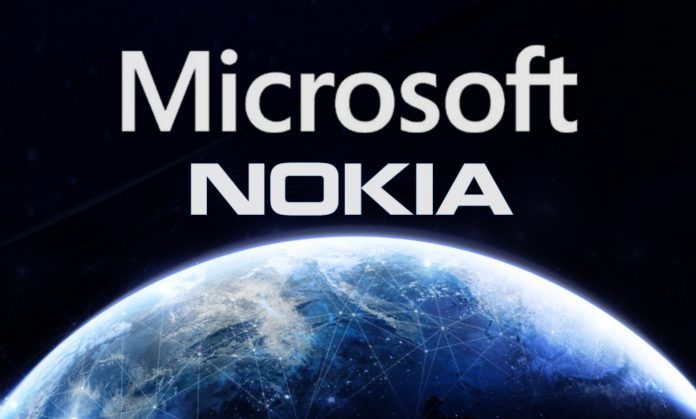Microsoft and Nokia have partnered with the South Australian Government to combine ‘space technology’ and terrestrial 5G in service of local industry, including as the basis for digital change in the Australian agriculture, mining, transport, logistics, and public sector industries.
A press statement provided little detail about how their expertise will be combined, or indeed much about the ‘technologies’ they will bring to the table, except to proclaim they will enable “multiple sectors” to take “giant leap(s)” into a “new era of communications and cloud computing, making the most of space data and technology”.
The statement made passing reference, invariably, to artificial intelligence, as well as to their “global industry experience”, including Nokia’s with 5G for industry. Superlatives abounded in the press missive; “space tech” and 5G will deliver a “new era of digital transformation” and bring a “new class of digital solutions”, they said.
But Azure Space, formed late last year to serve the ”mission needs of the space community”, is setting up in Adelaide as part of the deal, with a stated objective to establish Azure as the platform and ecosystem hub for space pursuits and satellite connectivity, to “extend Azure capabilities with satellite connectivity, unblock cloud computing, and empower partners and customers to achieve more”.
Their breathless new tech pursuits will “catapult” enterprises in South Australia, and the rest of the country, to the “very forefront of digital innovation”, they declared, quoting stats that the global space industry is worth $450 billion, rising to $1.1 trillion by 2040, and that 5G will add $8 trillion to global GDP by 2030.
The arrangement involves inward investment and jobs. Microsoft is setting up its Azure Space team at Lot Fourteen, a development site in Adelaide, formerly home to the city hospital, and the “centerpiece” of the city’s 10-year ‘city deal’ with the state and national governments to make Adelaide a new centre of digital tech and innovation.
The state government said South Australia is gaining recognition as the “epicentre of Australia’s space economy”. It is working with industry on a $6.5 million initiative to design and build a Low Earth Orbit satellite to provide space-derived services to the state. Microsoft is also working with the Australian Institute for Machine Learning on space emulation innovation and collaborating with Stone & Chalk at Lot Fourteen’s innovation precinct. Both Microsoft and Nokia are both working with the government’s office for women to explore ways to better promote diversity in STEM.
Anna Wills, managing director for Nokia in Australia and New Zealand, said: “Nokia is proud to… explore the industry transformation potential for 5G and space. By combining our 5G for industry capabilities with Microsoft’s space and computing capabilities, we can deliver solutions that promise deep and lasting impact for Australian industries in productivity, efficiency and safety, and we’re excited to begin that work in South Australia.”
Lynn McDonald, lead of Azure Space in Australia, said: “We are delighted… [to] bring together interdisciplinary experts to develop, test and deploy new technologies and strategies that respond to some of the biggest challenges facing organisations today. This important collaboration will allow Australian organisations in multiple sectors to take a giant leap forward into a new era of communications and cloud computing.”
Steven Marshall, premier of South Australia, said: “This partnership… cements our state’s standing within the global space industry. It is testament to our good reputation as forward-thinking, and collaboration within the hi-tech and space industries, that companies of this stature continue to be attracted to South Australia. We… look forward to working with both companies to build an even stronger space sector in South Australia and create many local jobs.”
Stephen Patterson, minister for trade and investment in the state, said: “Our continued investment… signals South Australia’s determination to continue to lead in this sector. Microsoft’s Azure Space capabilities help to address some of the toughest technology challenges companies face in space and in industries as diverse as agriculture, mining and resources, transport, logistics and within the public sector.”

